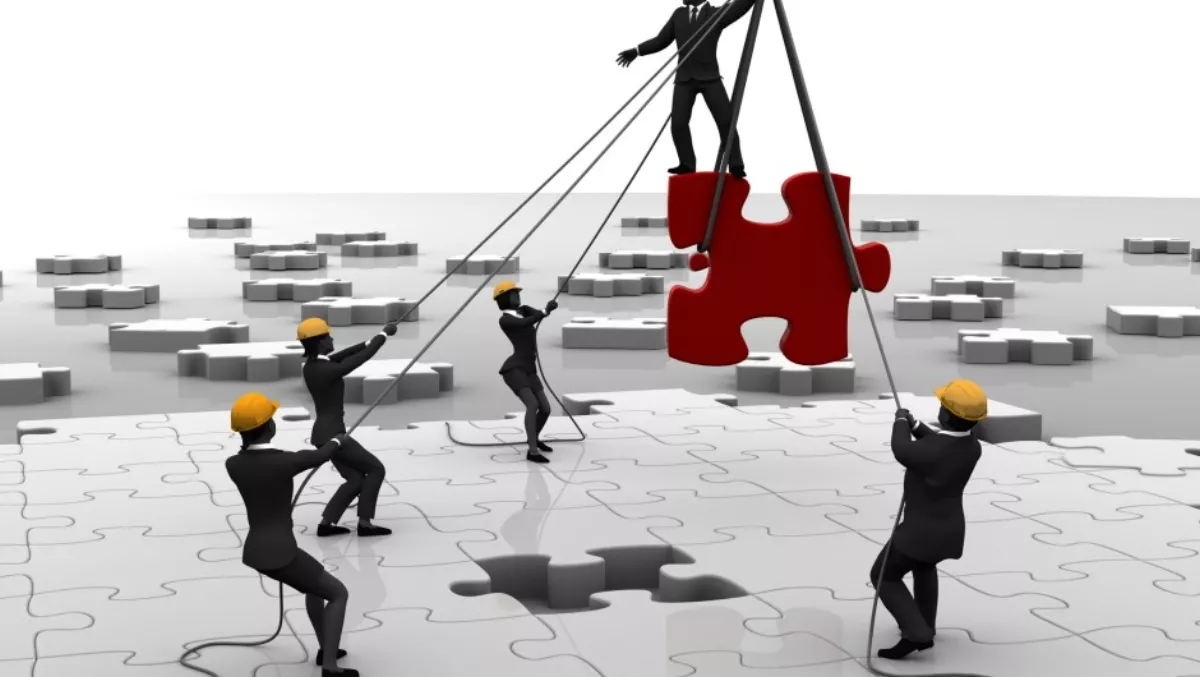
Centralising admin vital to business success
Businesses are being advised to to centralise administration tasks in order to better focus on strategic and creative efforts that contribute to business success.
According Teradata Marketing Applications, centralising administrative tasks can drive results and profitability.
"A marketing resource management platform (MRM) is a set of capabilities that lets organisations streamline marketing processes, gain proper approvals, provide control and accountability of marketing spend, and drive increases in measurable return on marketing investment," explains Adam Dougall, regional director - Australia, Teradata Marketing Applications.
"MRM helps marketers overcome manual processes, organisational entropy, and a lack of metrics," he says.
Teradata Marketing Applications has identified five ways MRM can improve day-to-day work processes and boost productivity.
1. Strategic planning and budget management MRM lets marketers analyse activities in real time, and adjust planning and forecasted spend across all activities if patterns show certain tactics to be working more than others. Automated processes mean marketers can access up-to-date information fast without having to send multiple emails chasing details.
2. View of marketing activities on one dashboard MRM helps marketing teams become more agile, and creates a centralised view of all activities and key insights. It equips marketers with the knowledge to appropriately distribute resources, including money, people, and time, to maximise efficiency. It also lets you distribute high-performing marketing materials across the organisation to maximise results.
3. Creative production and project management MRM platforms make marketing collateral creation easier. Version control and changes can be tracked to each annotation within the application. Feedback is automatically collected from each user and reference material can be easily tagged to validate claims. Video and image comments are also timestamped to show the latest feedback on each piece of collateral.
4. Collect and manage content and knowledge MRM lets marketers store, share, and manage key digital assets and other marketing deliverables like collateral, presentations, advertising, and corporate branding elements, with support for all media types, on an external server. MRM can be accessed by all parties with unique portal user access. This lets marketing managers share the latest materials with the appropriate team members and even external agencies as required, increasing staff mobility and overall workplace efficiency.
5. Marketing fulfilment The MRM platform lets marketers fulfil and distribute marketing assets, content and collateral more efficiently. The time it takes to create assets is reduced, because of readily available content storage and back-end automated workflows.
"MRM shortens consultation and production time, which is vital for modern marketers as they must act in real-time to respond to continuous changes in the marketing environment," says Dougall.
"MRM platforms give time back to marketers for what really counts, the creative work that drives client satisfaction.


